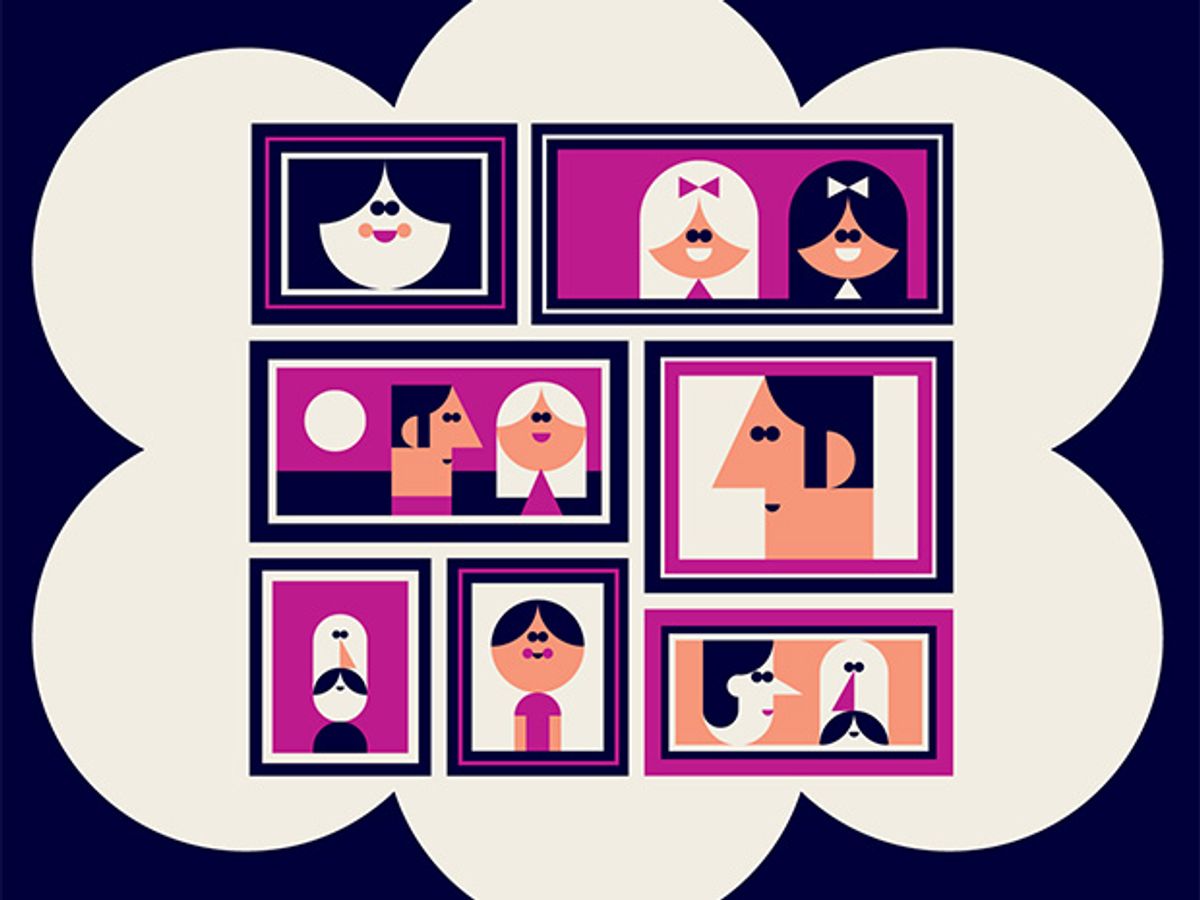The pursuit of enhanced cognition—from sharper recall to more lucid reasoning—is now the greatest animating impulse behind innovative computer engineering. Across the world, clever designers are leveraging ever-expanding storage, processing power, and communications networks to build personalized encyclopedias that document all aspects of an individual’s inner and outer lives. If the engineers have their way, every idea, memory, and feeling—the recorded consciousness of a single lifetime—will be stored in the cloud.
“What’s in this for me?” you may ask. For starters, you might very well benefit from retracing your past steps at key junctures of your personal or professional life—perhaps experiencing the breakthrough insight that eluded you the first time around but that can help you the next time you arrive at a similar juncture. Even after you die, your digital files would confer a new kind of immortality that others could inherit, permitting them to traverse the associative trails that made up your life’s work.
Engineers, too, stand to benefit. By tapping into the aggregated thoughts of billions of individuals, they could harness the wisdom of crowds, creating a “world brain” like the one imagined by H.G. Wells a century ago and by the big data promoters of today.
The documentation of everyday life will likely accelerate when Google introduces Google Glass, a video-recording device that’s worn like a pair of glasses. Google says the wearer can periodically upload captured video into the cloud for permanent storage and editing. Wearers can produce daily highlight reels of their entire lives simply by speaking commands aloud.
“Information overload” once referred to the difficulty of absorbing intelligently the data produced by others. Now we face the peril of choking on our own. “Many of us no longer think clearly,” insists Silicon Valley futurist Alex Soojung-Kim Pang, because of our compulsive attachment to the digital world. In a new book, TheDistraction Addiction (Little, Brown and Co.), Pang argues that humans can kick their habit with the aid of engineers who create “contemplative” computing experiences that enable humans to “restore focus and concentration.”
Alas, our distraction addiction could well worsen. In the future, while Google Glass and its inevitable copycats record the outer world, ever-cheaper sensors will chart our inner biological world. How will we make sense out of our personal biometrics when scientists can’t even decide how much salt is bad for us? And what happens when our personal data get into the wrong hands? Soldiers and spies might read our lives as if they were books.
Nevertheless, we cannot turn back now, because improved cognition is essential. Like it or not, we are competing with increasingly accurate digital devices that can automatically recognize patterns and react (mostly) appropriately. Software robots can identify faces in the crowd, write news stories, change your address over the phone, and even read X-rays. The best way for people to remain in the loop is to increase the size of the data sets we’re working with, which in theory will improve the quality of our reasoning and result in better decisions.
Keeping people at the center of our digital information systems is more important than ever. For instance, we can fight global terrorism by accurately identifying threatening individuals and tracking them through semiautomated satellite- and drone-based monitoring systems, which instantly compare new data against an inventory of person-specific signatures. But to manage these complex systems takes an enhanced human, with reduced capabilities for error, because mistakes can lead to the deaths of innocent people.
The rational hope for better decisions lies chiefly in better detection. Sleuthing is a peculiarly human endeavor that lends itself to engineering. Clues abound, and yet their meaning is often missed, or recognized and then forgotten. By remembering everything, we may become haunted by our pasts and immobilized by digital distractions—or we may gain new powers to prevent the bad and promote the good.
About the Author
G. Pascal Zachary is a professor at Arizona State University’s Consortium for Science, Policy & Outcomes.
